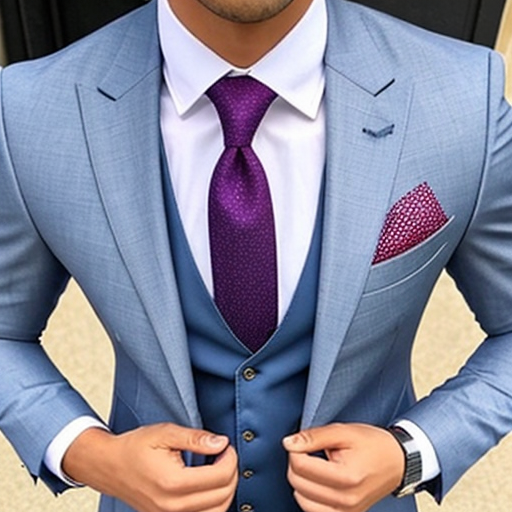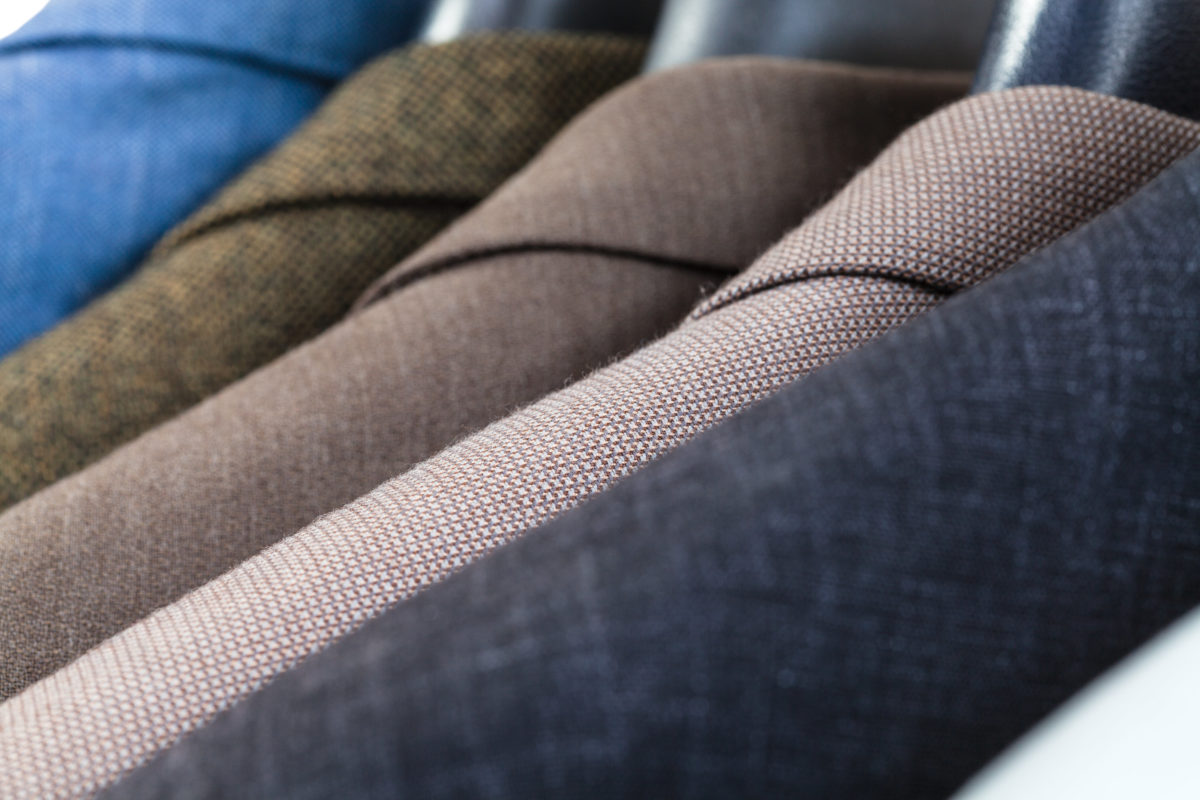Top 10 Reasons a Men’s Custom Suit Costs More
The higher cost of custom men’s suits is justified by the unparalleled tailoring expertise, use of premium fabrics, extensive personalization options, handcrafted construction, unique patterns, multiple fittings, small-batch production, time-intensive process, prestige, exclusivity, and the superior fit and comfort they offer. For those seeking a timeless, perfectly fitted garment that exudes sophistication and confidence, the investment in a custom suit is undoubtedly worthwhile. Lets delve into some details as to why! Here’s BBespoke’s Top 10!
1. Tailoring Expertise: Skilled Craftsmanship Sets Custom Suits Apart
At the core of every custom suit is the unparalleled expertise of skilled tailors. These tailors have honed their craft over years of dedicated practice, allowing them to create suits that fit like a second skin. Their mastery in taking precise measurements, analyzing body proportions, and considering individual preferences contributes to the higher cost of custom suits.

Bespoke suits cost more, and they are worth it
2. Premium Fabrics: Luxurious Materials Elevate the Quality
Custom suits are renowned for their use of premium fabrics sourced from prestigious mills and renowned textile manufacturers. Luxurious materials like wool, silks, cashmere, and linens not only enhance the suit’s aesthetic appeal but also ensure its durability and longevity. The selection of top-notch fabrics is a testament to the commitment to excellence in custom suit-making, but it also adds to the cost of the final product.
3. Personalization Options: Creating a Suit Unique to You
One of the most alluring aspects of custom men’s suits is the abundance of personalization options available. From lapel styles and button choices to lining selections and monogramming, every detail can be tailored to the wearer’s preferences. While this level of customization enriches the custom suit experience, it also demands extra time and effort from tailors, contributing to the increased cost compared to department store suits.
4. Handcrafted Construction: A Labor of Love and Precision
Handcrafted construction is another defining characteristic of custom men’s suits, especially in high-end bespoke tailoring. This traditional approach involves skilled artisans who meticulously cut and sew each garment by hand. The handcrafted construction ensures superior attention to detail and precision, creating a suit that exudes an air of sophistication and refinement. However, this labor-intensive process requires a significant investment of time and craftsmanship, leading to a higher price point.
5. Unique Patterns: Tailoring Precision for Individual Fit
Custom suits are crafted based on individual body measurements, resulting in a unique pattern that complements the wearer’s physique perfectly. These custom patterns are specific to each client and cannot be replicated for mass production. Creating individual patterns is a laborious process that demands meticulous attention to detail, contributing to the elevated cost of custom suits.
6. Fittings and Adjustments: The Pursuit of the Perfect Fit
Achieving a perfect fit is a hallmark of custom men’s suits, and this requires multiple fittings. Tailors carefully adjust the suit based on the client’s feedback during these fittings, ensuring a flawless fit that accentuates the client’s physique. The fittings and adjustments add time and effort to the tailoring process, leading to an increase in the overall cost of custom suits.
7. Small-Batch Production: Quality Over Quantity
Custom suits are often produced in smaller batches or as one-of-a-kind pieces, rather than mass-produced on a large scale like department store clothing. This small-batch production approach allows for greater attention to detail and a focus on quality over quantity. However, producing custom suits in smaller quantities can lead to higher production costs, which are reflected in the final price.
8. Time-Intensive Process: A Journey of Dedication and Precision
Creating a custom men’s suit is a time-intensive process that requires dedication and precision. From the initial consultation to the final delivery, the tailoring journey may take several weeks to complete. Each step of the process demands individualized attention to ensure that the final product meets the client’s expectations. The time-intensive nature of custom suit-making is a labor of love for tailors, but it also contributes to the higher cost.
9. Prestige and Exclusivity: A Symbol of Luxury
Beyond the craftsmanship and materials, custom men’s suits carry an air of prestige and exclusivity. The level of attention to detail and artistry in custom suits sets them apart from off-the-rack options, making them highly coveted among discerning customers. The exclusivity and luxury associated with custom suits add to their perceived value, which is reflected in their higher price tag.
10. Superior Fit and Comfort: Tailored to Perfection
The primary advantage of a custom suit lies in its superior fit and comfort. Tailored to the individual’s body shape and measurements, a custom suit offers unmatched comfort and ease of movement. Achieving this level of fit and comfort requires the skillful tailoring and precise adjustments that are integral to the custom suit-making process. The emphasis on perfect fit and comfort is another factor that contributes to the elevated cost of custom suits.




